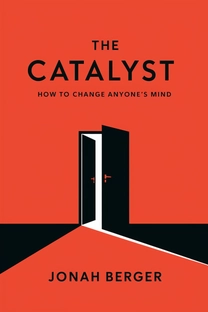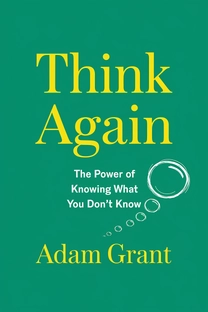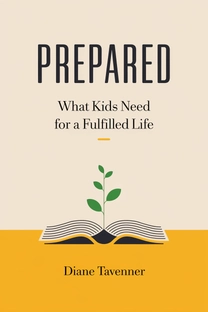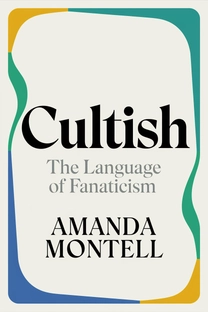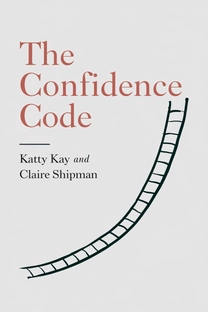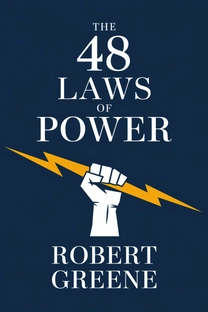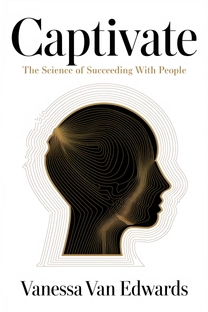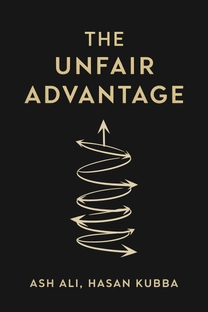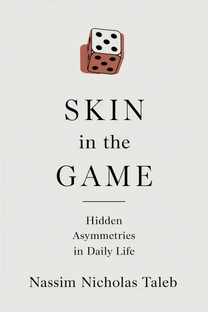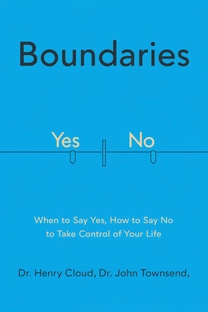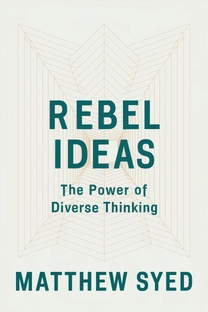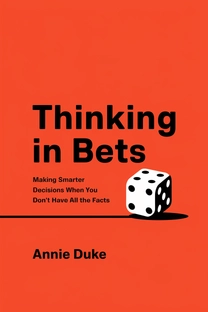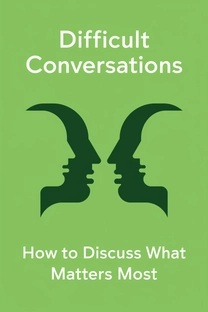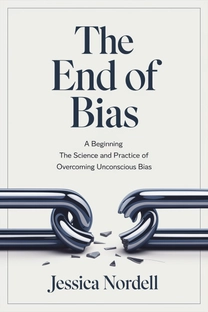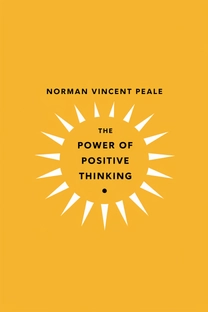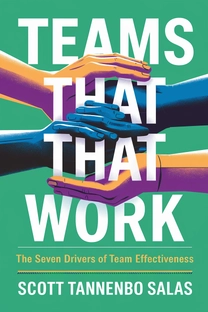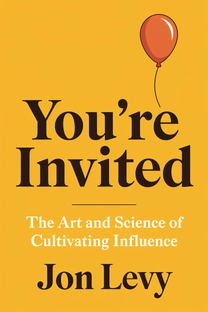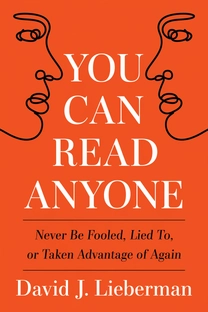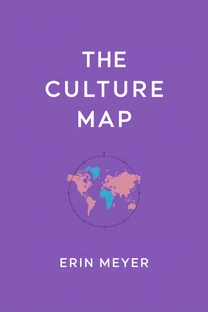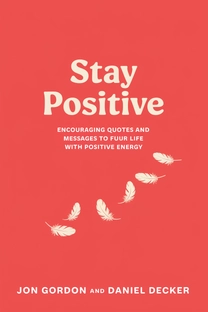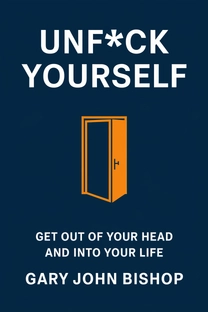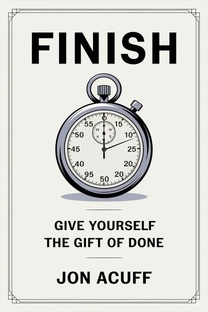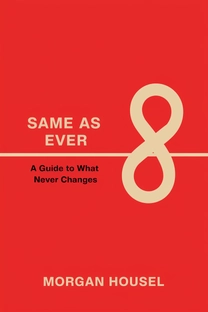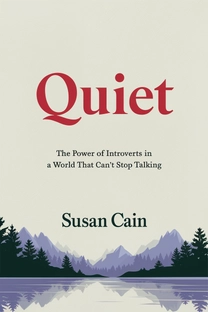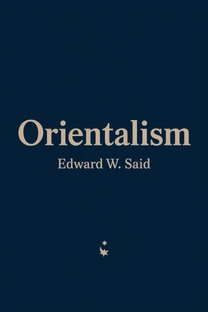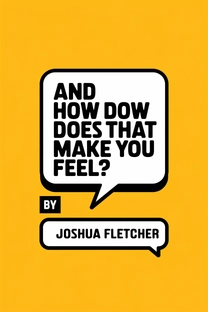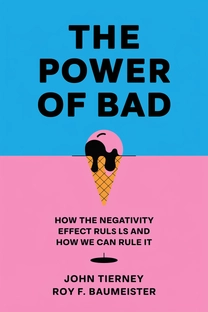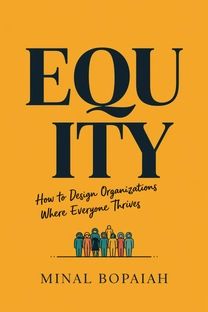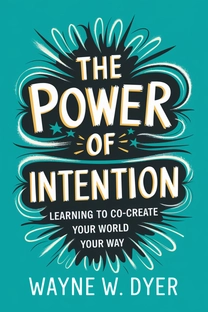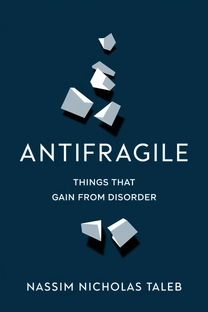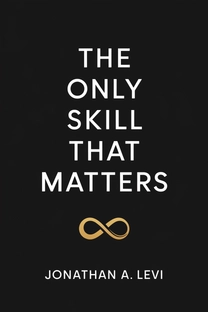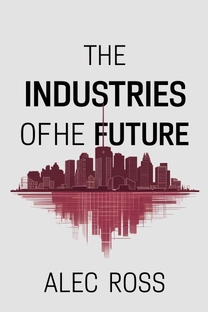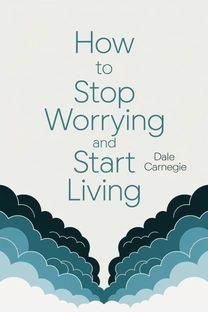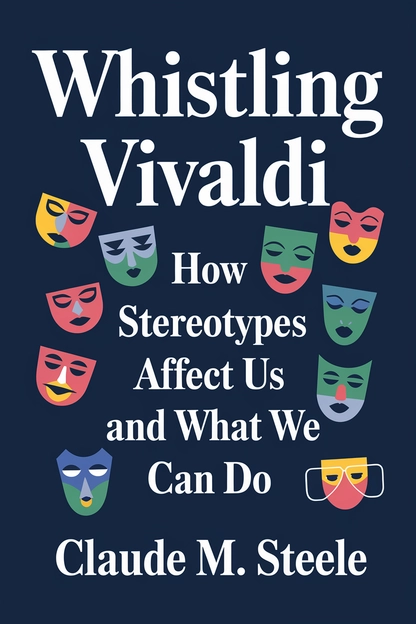
Whistling Vivaldi
How Stereotypes Affect Us and What We Can Do
by Claude M. Steele
Brief overview
This book explores how stereotypes can profoundly affect people’s behaviors, achievements, and relationships. Through research findings and personal narratives, it illustrates how the fear of confirming others’ negative assumptions can shape our daily experiences and hamper our potential. By understanding these pressures, readers can learn to navigate and ultimately reduce the impact of stereotype threat in important life settings.
Introduction
Imagine walking into a room where everyone seems to have subtly different expectations of you based on a stereotype. The tension is quiet but there. This book opens with everyday examples like these, showing how identity-based assumptions can create extra layers of stress.
Readers discover that stereotypes aren’t just hurtful labels; they can derail focus, trigger anxiety, and affect everything from test scores to casual interactions. By recognizing this hidden force, we begin to see why certain social groups underperform or hold back—not because of inherent deficits, but because of the weight of judgment.
This sets the stage for the core idea called “stereotype threat,” an invisible pressure under which many live. It also hints that our first step toward reducing its impact is simply learning to spot where and why it appears.
The Power of Identity Threat
Here, the focus turns to the psychological burden of trying not to confirm a negative stereotype. Even high-achieving students can be derailed if they sense that one misstep might reinforce the bias that people like them ‘can’t succeed.’
Far from being limited to race or gender, this burden shows up whenever a group fears being judged. We learn how something as simple as a course label—like calling a test a “measure of math ability”—can provoke enough anxiety to affect scores.
We also see that ironically, the more a student cares about the subject, the harder the threat can hit. The book’s stories reveal that identity threat is not about skill. It’s about the extra mental work poured into battling assumptions.
What is Whistling Vivaldi about?
"Whistling Vivaldi: How Stereotypes Affect Us and What We Can Do" by Claude M. Steele unravels the intricate manner in which stereotypes permeate our lives, influencing behaviors, altering achievements, and shaping societal interactions. It presents a tapestry woven with empirical research and personal anecdotes, illustrating how the haunting specter of stereotype threat can impede our potential, often unbeknownst to us. By bringing this oft-unacknowledged pressure to light, Steele empowers readers with the awareness needed to navigate, mitigate, and ultimately diminish its hold.
The book's cornerstone lies in the concept of stereotype threat—the unseen yet pervasive weight of potentially confirming a negative stereotype about one’s group. Exploring the depths of racial, gender, and other societal stereotypes, Steele provides a lens through which the societal construct of identity is scrutinized. The narrative compels readers to introspect on the daily scenarios where these biases unfurl, thereby equipping them with the cognitive tools necessary for transformative change, both personal and collective.
Review of Whistling Vivaldi
Claude M. Steele’s "Whistling Vivaldi" excels in its ability to distill complex social science into an engaging narrative filled with compelling research, making an otherwise invisible phenomenon perceptible. A key strength lies in the dichotomy it draws between stereotype and performance: by showing that performance disparities often stem from stereotype-infused pressure, not inherent deficits, Steele offers a paradigm shift, challenging entrenched beliefs surrounding ability and identity.
The book's practicality shines through as it unveils strategies to shift mindsets and institutional practices, making it a valuable tool for educators, organizations, and individuals alike. Steele’s writing style is accessible yet profound, merging anecdotal storytelling with academic rigor, which allows readers of various backgrounds to grasp and apply these concepts effectively.
"Whistling Vivaldi" is particularly pertinent for educators, leaders, and policy-makers vested in fostering inclusive environments, and for any reader keen to understand how social identities shape experiences. The final chapters culminate in a compelling call to action, urging the reader to forge pathways of inclusion, rendering the book not just an analysis, but a manifesto for change. Highly recommended for those prepared to challenge assumptions and embrace diversity as a tool for growth.
Who should read Whistling Vivaldi?
- **Educators and Academic Advisors**: This book offers insights into the psychological hurdles faced by students, making it an essential read for those striving to create supportive educational environments.
- **Corporate Diversity and Inclusion Officers**: Steele provides concrete strategies for reducing stereotype threats within organizational structures, making it an invaluable resource for fostering inclusive cultures.
- **Psychologists and Social Scientists**: This work bridges empirical research with real-world narratives, serving as a foundational text for professionals exploring identity and performance.
- **Students of Sociology and Social Justice**: Offering a roadmap through the nuanced realities of social identity, it serves as a comprehensive resource for those passionate about equity and social change.
- **Policy Makers and Community Leaders**: The book offers evidence-based insights that are crucial for crafting policies aimed at dismantling systemic inequalities across various societal sectors.
About the author
Book summaries like Whistling Vivaldi
Why readers love Mindleap
10-Minute Book Insights
Get the core ideas from the world's best books in just 10 minutes of reading or listening.
Curated For You
Discover your next favorite book with personalized recommendations based on your interests.
AI Book ExpertNew
Chat with our AI to help find the best book for you and your goals.
Reviews of MindLeap
Love how I can get the key ideas from books in just 15 minutes! Perfect for my busy schedule and helps me decide which books to read in full.
Alex R.
The summaries are incredibly well-written and the audio feature is perfect for my commute. Such a time-saver!
Jessica M.
Great app for personal growth. The insights are clear and actionable, and I love how they capture the essence of each book.
Chris P.
The app is beautifully designed and the summaries are top-notch. Definitely worth every penny!
Sarah K.


